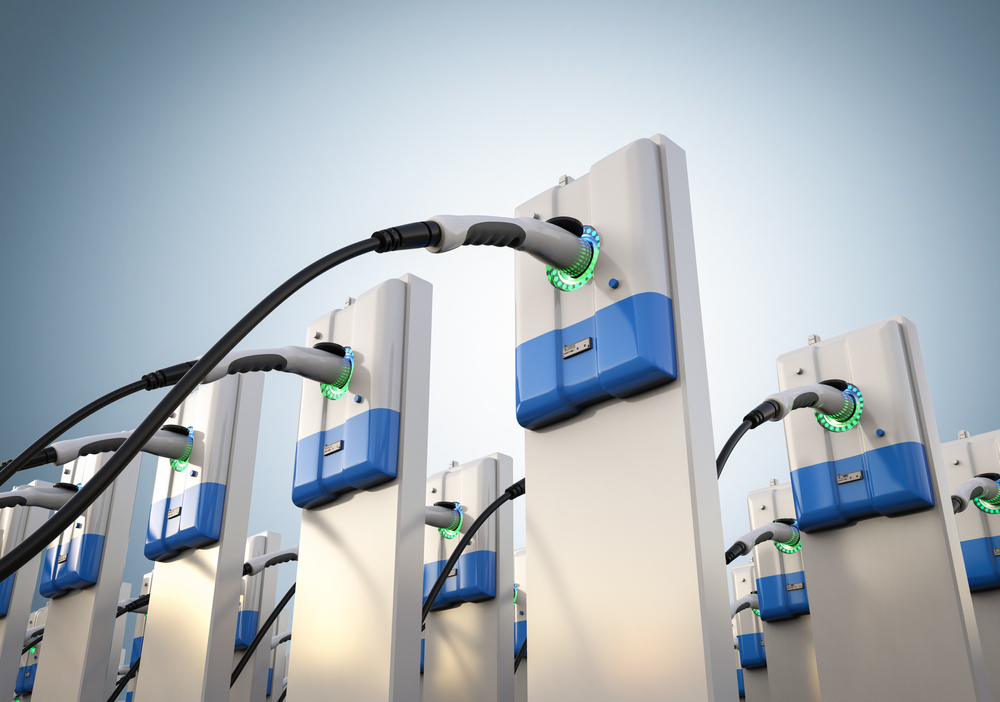
EVs & Net Zero by 2030
2030 has been set at the deadline when all production of petrol or diesel vehicles should be ceased in order to meet global Net Zero targets. However, in an ideal world this gap would be swiftly filled by the uptake of electrical vehicles (E.V.s), allowing us to carry out vital tasks without too much need for adaptation in a world heavily reliant on transportation. Yet the feasibility of this transition faces several barriers, including a key component in EV batteries – lithium, also known as ‘white gold’.
Lack of Lithium
With a future that will become increasingly reliant on batteries to transition away from fossil fuels, from our smartphones to our electric cars, global demand for lithium has been putting a severe strain on global supply chains. Setting up new lithium mines can take several years, with mines using many thousands of gallons per minute of water, which is increasingly problematic in a world facing increased water scarcity with climate change. Additionally, mines contaminate groundwater with antimony and arsenic and cause biodiversity loss, soil erosion and reduced air quality. With only an estimated quarter of lithium reserves being considered economically viable to mine some countries have also been applying pressure to mine the deep ocean floor for lithium deposits that have take several millions of years to form and support ecosystems that we have little understanding of. One proposed deep sea mining site, the Clarion Clipperton Zone, was recently found to contain over 5,000 species unknown to science.

Vapes V.S. EVs: Battle for Lithium
One resource that is currently diverting a large supply of lithium away from an electrified and net zero future is the disposable vape industry. A recent report has estimated that 5 million vapes are thrown away EVERY WEEK in the U.K. alone, a fourfold increase on 2022. This equates to the lithium required to power 5,000 EVs annually.
Only 17% of these vapes are being disposed of correctly, however recycling them would cost the government £200 million annually. Incorrect disposal of vapes and their lithium batteries has been causing fires in household waste disposal facilities, with some experiencing at least one fire a day.
However, single-use vapes have already been banned in Germany, Australia and New Zealand, with France and Scotland considering following suit. Hopefully this can allow vital lithium supplies to enter more circular uses and empower the Net Zero transition.
Bright Future for EVs
The sales of EVs have grown exponentially with global purchases more than doubling between 2020-2021 and Chinese carmakers selling the same number of electric cars in Europe in the first 7 months of 2023 as they did in the entirety of 2022. The NEC has announced the opening of the UK’s largest EV charging hub on the outskirts of Birmingham that can take 180 cars simultaneously, while electric vehicle production has officially started at a factory in Cheshire following a £100m investment by Stellantis. If access to lithium supply chains can be secured and become circular, the future of EV could be incredibly bright.